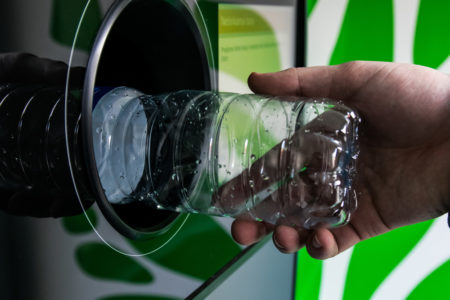
In the long-awaited DRS consultation published today (24 March), the three proponents (England, Wales and NI) said that they will have to explore what the “continued appetite” is for the scheme in a “post-covid context”.
Without a definitive proposal for the scheme’s final design, and the scope remaining open, the second consultation instead builds on findings from the first consultation, which was released in 2019.
It was explained that the second consultation will inform how a future scheme may be designed in “the best and most coherent way possible” to deliver on its objectives.
Timelines
With these factors in mind, England, Wales and Northern Ireland also admitted that it has had to reassess what a “realistic timeline” for its implementation looks like, anticipating that it should now be introduced in late 2024 “at the earliest”, instead of its original target for 2023.
The consultation document reads: “We believe this revision presents a realistic yet equally ambitious timeline to implement a complex but incredibly important policy in the most effective way possible.”
It was added that it recognises the DRS interconnected with the other waste reforms and the introduction of the Plastic Packaging Tax, and so “will continue to assess the changes to timelines for delivery of these reforms”.
Scope of design
The consultation document confirms that the scope of the DRS remains open.
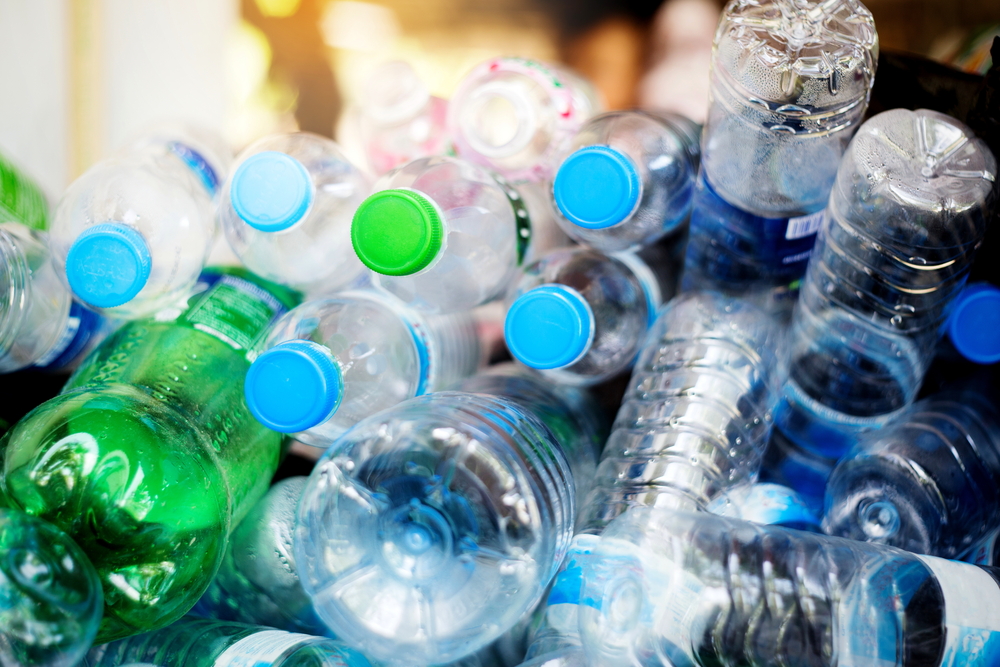
While the Welsh Government prefers an all in system, for containers up to 3 litres in size, Defra and Northern Ireland’s DAERA remain open on scope.
Defra and DAERA are suggesting two options, one for all-in with containers up to 3 litres (as per Wales) or an on-the-go scheme (drinks containers under 750ml in size and excluding those containers sold in multipacks.
A new Deposit Management Organisation would have to achieve a 90% collection rate after three years of the scheme starting.
The DMO would be paid for out of material revenue, producer registration fees and unredeemed deposits.
The Environment Agency and its counterparts in the UK would regulate the system.
Costs
In terms of costs, for the option of all drinks containers in the DRS, the capital investment is put at £1.76 billion with other costs as well as organisational set up costs of £141 million and logistics costs of £1.9 billion. For an on-the-go scheme the capital costs are £949 million and logistics £932 million.
The cost assessment of this option for consumers is also highlighted in that there will be a “time cost” for consumers for the time required to return drinks containers to reverse vending machines or manual take-back points.
For some people it will be difficult to engage with a deposit return scheme
The consultation also recognises that people think there is little benefit of a DRS because of the existence of kerbside recycling and that for some people (including the elderly and some socio-economic groups) it will be difficult to engage with a deposit return scheme for practical and financial reasons.
So, it is reasoned that an on-the-go scheme would address these concerns by having a minimal impact on kerbside collections.
This has also been contentious issue for local authorities as there were concerns they would lose out on income from plastic bottles going into the deposit scheme system, although an EPR scheme would cover these costs if they didn’t go into a DRS system.
SAVE THE DATE:
The Resources & Waste Strategy Revisited Conference is taking place online on 12 May 2021. This full day conference will explore responses to the consultations and aims to bring the industry together for networking and discussions on all three documents.
Visit HERE for details.





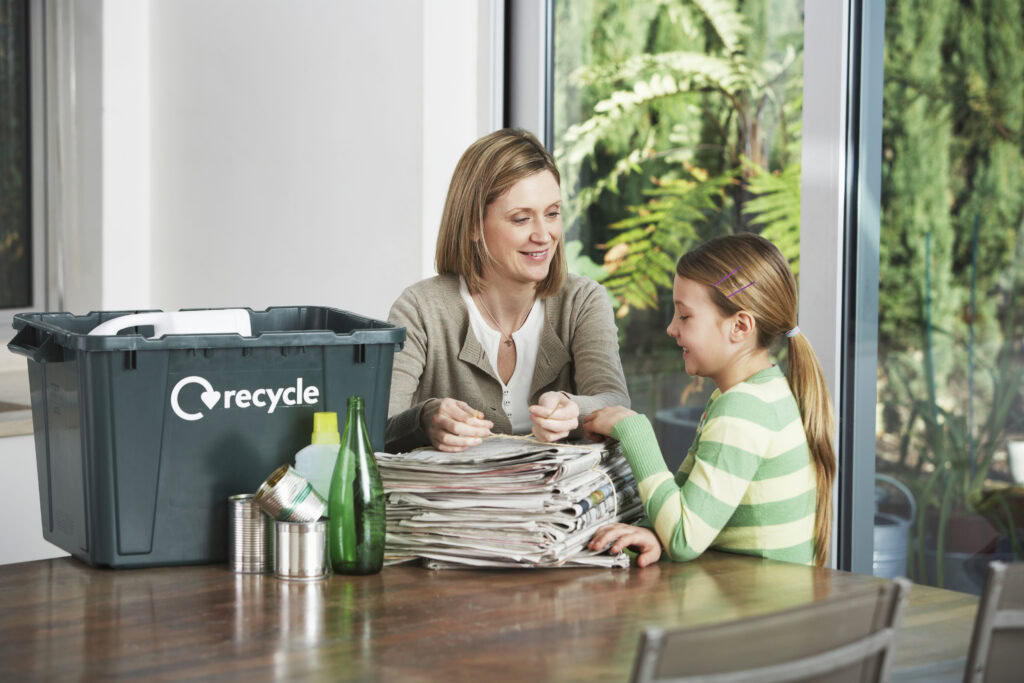
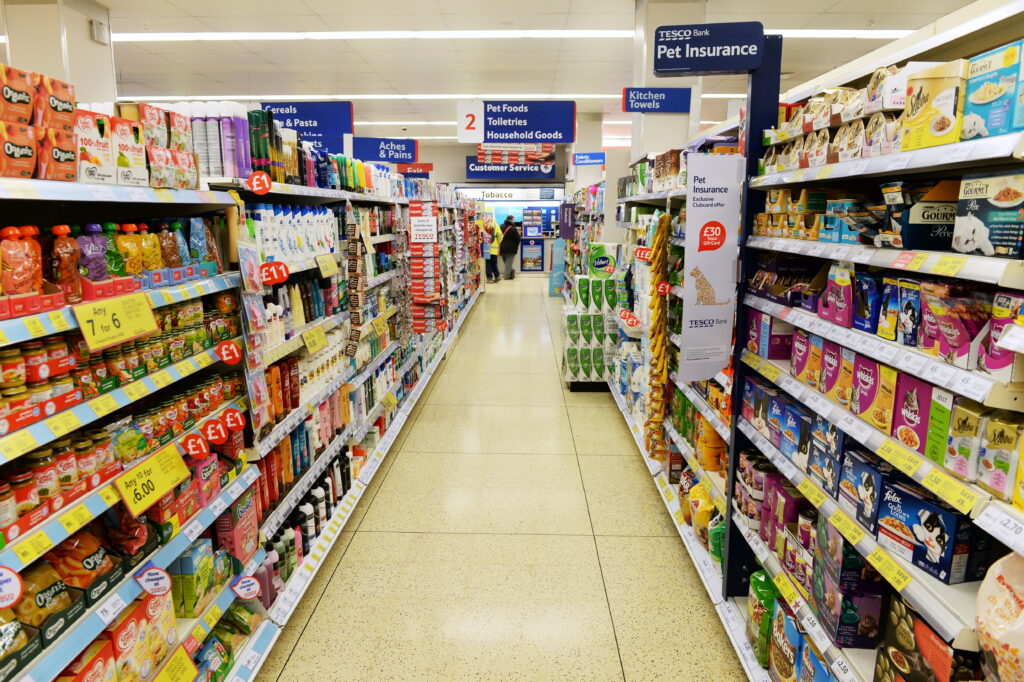
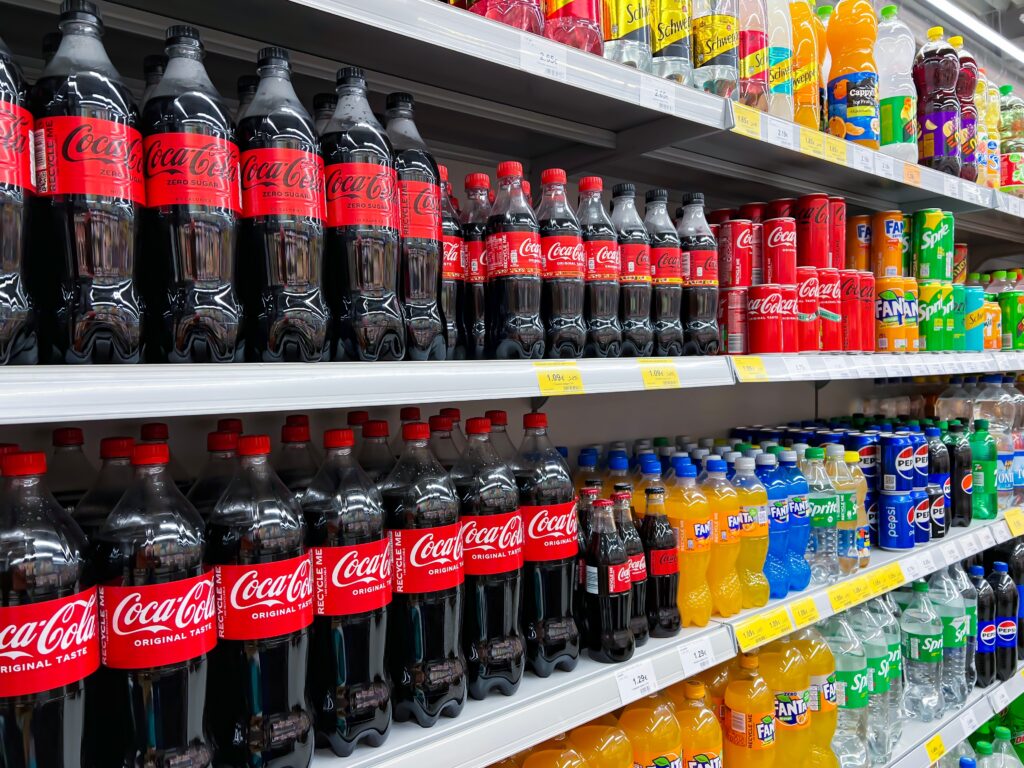

Subscribe for free